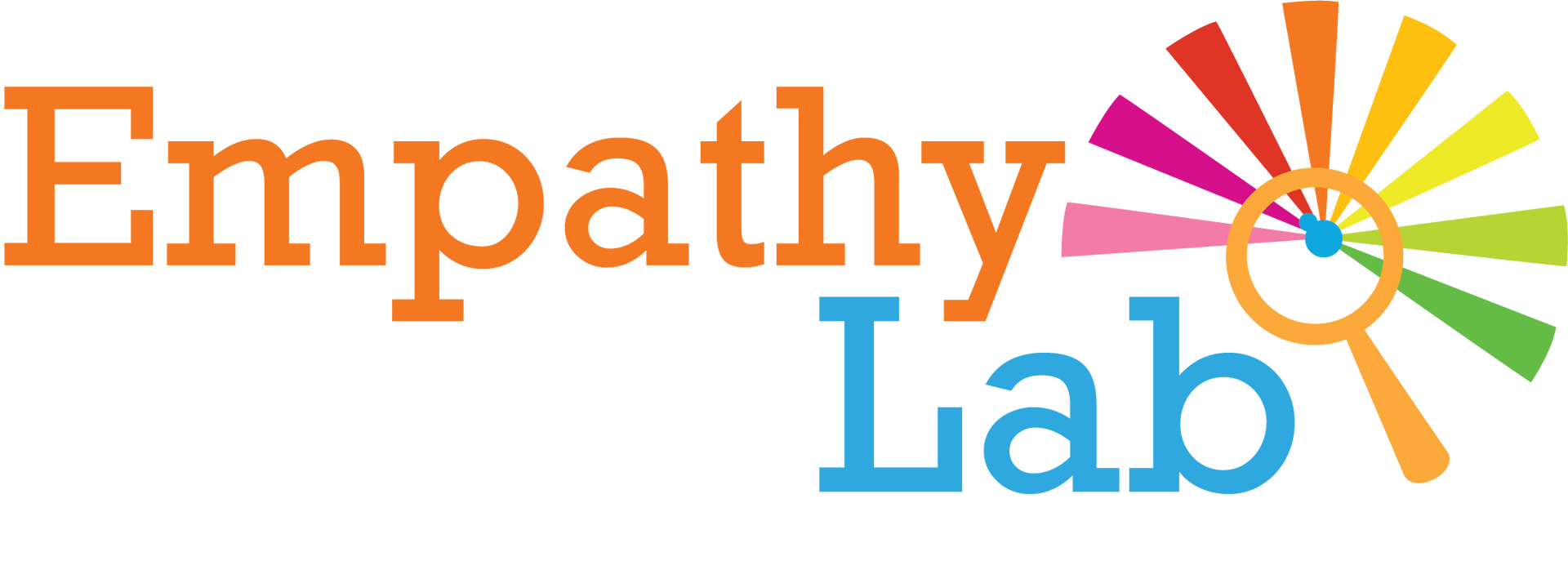2018 #ReadforEmpathy Blog Tour

Our #ReadforEmpathy blog tour kicked off on 4 June. Featuring authors and illustrators from our 2018 Read for Empathy book collection, it has been a fascinating daily read in the run up to Empathy Day. Many thanks to all our book loving bloggers for their generous hosting.
Now collated together for the first time in one place, we are delighted to share all the blog posts with you. Click on the links below and discover each writer’s unique perspective on empathy.

'We are becoming increasingly insular existing in tight little bubbles alongside digital ‘friend’s that believe what we believe, go where we go, have experienced what we have experienced. Anyone outside the bubble is wrong, dangerous, feared.
Our ability to empathise is lacking but maybe we can improve this ability for the children under our charge and restore a bit of our humanity'.
Joseph Coelho, author, 'Overheard In A Towerblock'
Read the full blog here.

'Stories have a massive role to play in helping children to develop empathy. A story can lure us into empathising so fully with a fictional world that we find our beliefs suspended and personal emotions hijacked as the characters in the story come to life and inhabit our imaginations.
In short, we become so strongly ‘in-feeling’ with a character that their actions and reactions can help inform our own actions and reactions, thereby giving us new resources and strategies to help us deal with situations in everyday life. The more children read, the greater the opportunity for developing wider understanding and empathy'.
Maria Farrer, author, 'Me and Mister P'
Read the full blog here.

'It’s about benefiting society as a whole, and the events of the past few years have reminded us forcefully how important it is to have an empathetic society.
It is sadly very easy to be hard-hearted, to see immigrants and members of other races and religions as less than yourself.
Being empathetic is more difficult. It means opening yourself up to the truth that your way of life is not perfect and that you are not the most important person in the universe. Doing this mental work and then using it to effect real-world change can be painful, embarrassing and destabilising. But it is entirely necessary.
Robin Stevens, author, 'The Guggenheim Mystery'
Read the full blog here

To me, reading is empathy.
In any given book you’re being told a story directly and are often actually inside someone else’s head, thinking their thoughts and feeling their feelings—so you can’t help but to see things from their perspective.
These reading experiences don’t have to be fantastical, or radically different from your own understanding to be powerful. It can be just as amazing to have your eyes opened to a character’s perspective when they are similar to someone who you recognize from your own life but have never considered before. It’s a sad fact that it’s very easy to overlook other people, and to get caught up in the day-to-day business of leading your own life'.
Tom Percival, author and illustrator, 'Perfectly Norman'
Read the full blog here.
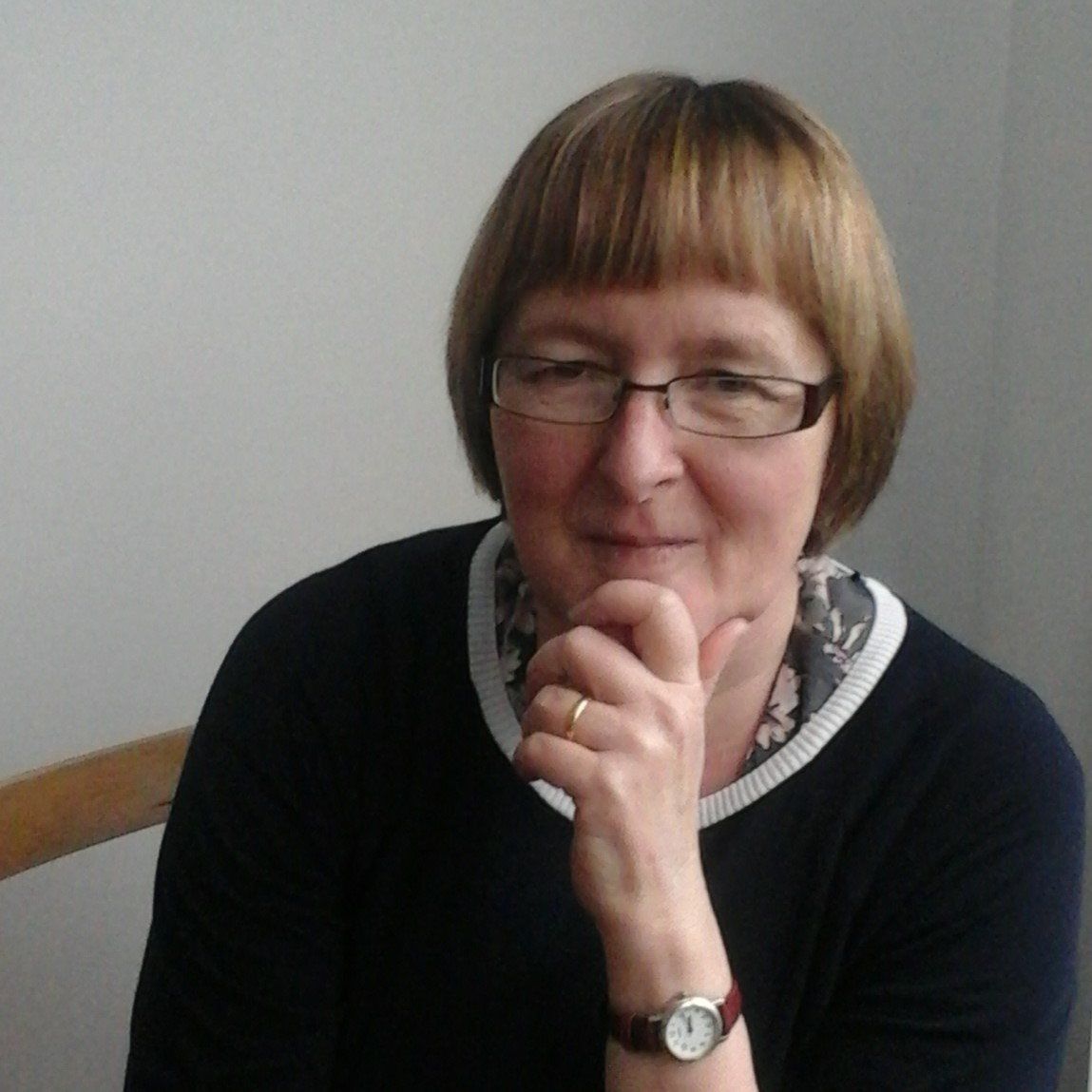
'Empathy is like a muscle that needs to be exercised, and reading provides the best exercise.
No one who reads Anne Frank’s diaries can really believe a Nazi ideology, no one who reads Mark Haddon’s wonderful The Curious Incident of the Dog in the Night time can really despise people with autism. You cannot hate what you understand.
In fact if you want to be a serious bully, or a racist, or an exploiter of other people’s bodies and minds then you had better avoid fiction, especially the good stuff. Stories, and the empathy they create, are a painless way of vaccinating our children against simple-minded tribalism that is so dangerous for our communal life'.
Kate Milner, author and illustrator, 'My Name is not Refugee'
Read the full blog here.

'When you read a report that says “It’s believed that 217 people died in the sinking” it’s very easy to get lost in the numbers. It’s easy to forget that each one of those 217 is a person just like me and just like you.
These days, everyone has seen the photographs of the so-called “cathedral boats” where every single inch of deck space is packed with a human being desperate to escape their old life or to begin a new one. What we wanted to do with ILLEGAL, was to take one person on that dodgy, unseaworthy boat and tell their story.
We figured that if we could make our readers feel empathy for one person in the boat, then that would perhaps change the head-numbing statistics into human beings'.
Andrew Donkin, author, 'Illegal'
Read the full blog here.

With Empathy Day coming up on the 12th June, I thought I'd share a most amazing book with you. I first came across it while wondering around the Maritime Museum in Hull.
Among the displays at the museum is the diary of the late Charles Edward Smith, M.R.C.S., who was the surgeon on board the Diana, the last whaler to sail from Hull. After many months, the ship broke free of the ice and make it's way to Shetland, where half the crew had come from.
I feared a gory description of whaling when I began reading. But no - it turned out to be a masterful description of the best of humanity under the most frightful conditions. Members of the crew leap off the page, fascinating characters who, though individuals, are also caring members of a band of brothers thrown together in adversity, sharing the same predicament'.
Shoo Rayner, author and illustrator
Read the full blog here.
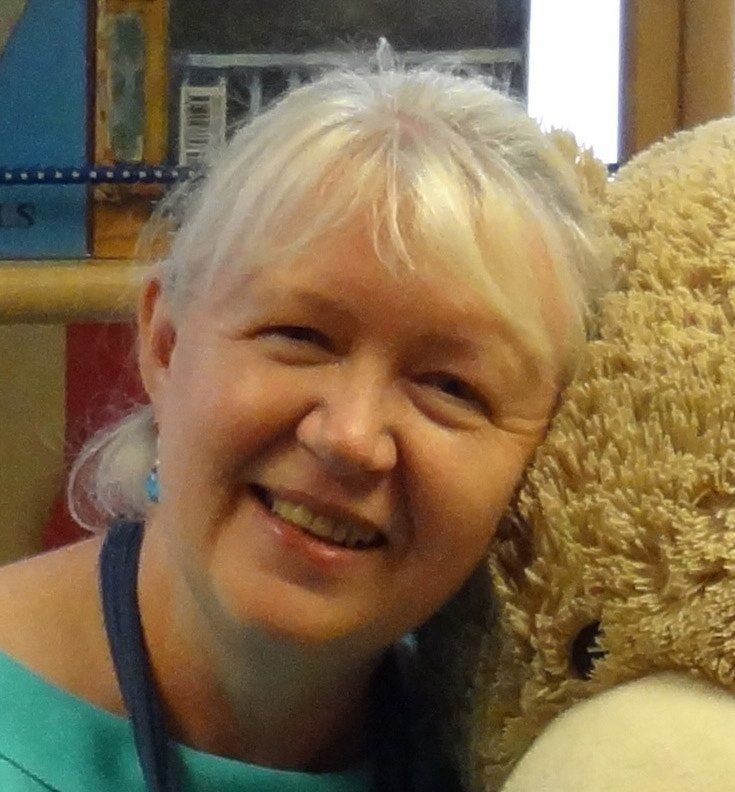
'In today’s divided world, the need for more empathy has never been more urgent. Helping children to put empathy into action will reduce prejudice and build a caring society. And for me, that means starting with the very youngest!
So how to go about encouraging empathy in our littlest citizens?
I think they are capable of great empathy– but it’s about giving information on that other person’s needs so they don’t have to turn emotional somersaults to slip into another’s shoes.
It’s about helping them to make that imaginative leap in an unconvoluted way. Stories are an ideal way of doing this'.
Anna McQuinn, author, 'Lulu Gets a Cat'
Read the full blog here.
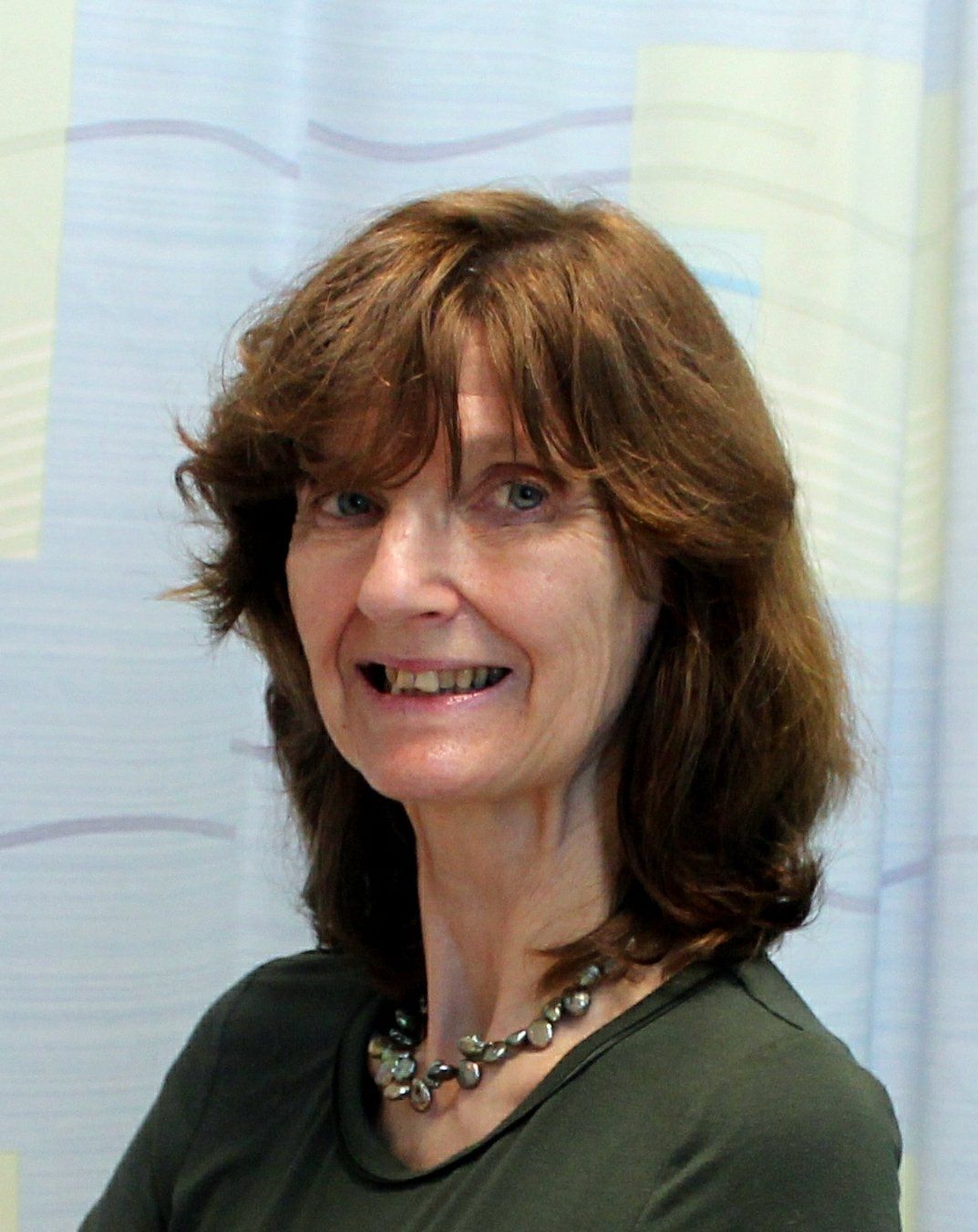
Empathy Lab is one of the most important developments in education today. For years we’ve educated children to learn facts, to reach targets, to do things that we can measure on a chart and put on the league tables.
Did anyone put a priority on educating hearts and minds? Have we assumed that the whole process of learning about yourself and how you relate to the rest of the world will happen by accident?
It’s simple. The question is – what does it feel like? How did I feel when I was ill and missed a party, when my best friend wasn’t my best friend any more, when the dog died?
If we want a healthy, happy society we need to know how to react to each other wisely and compassionately.
Margi McAllister, author '15 Things NOT to do with a Granny'
Read the full blog here.
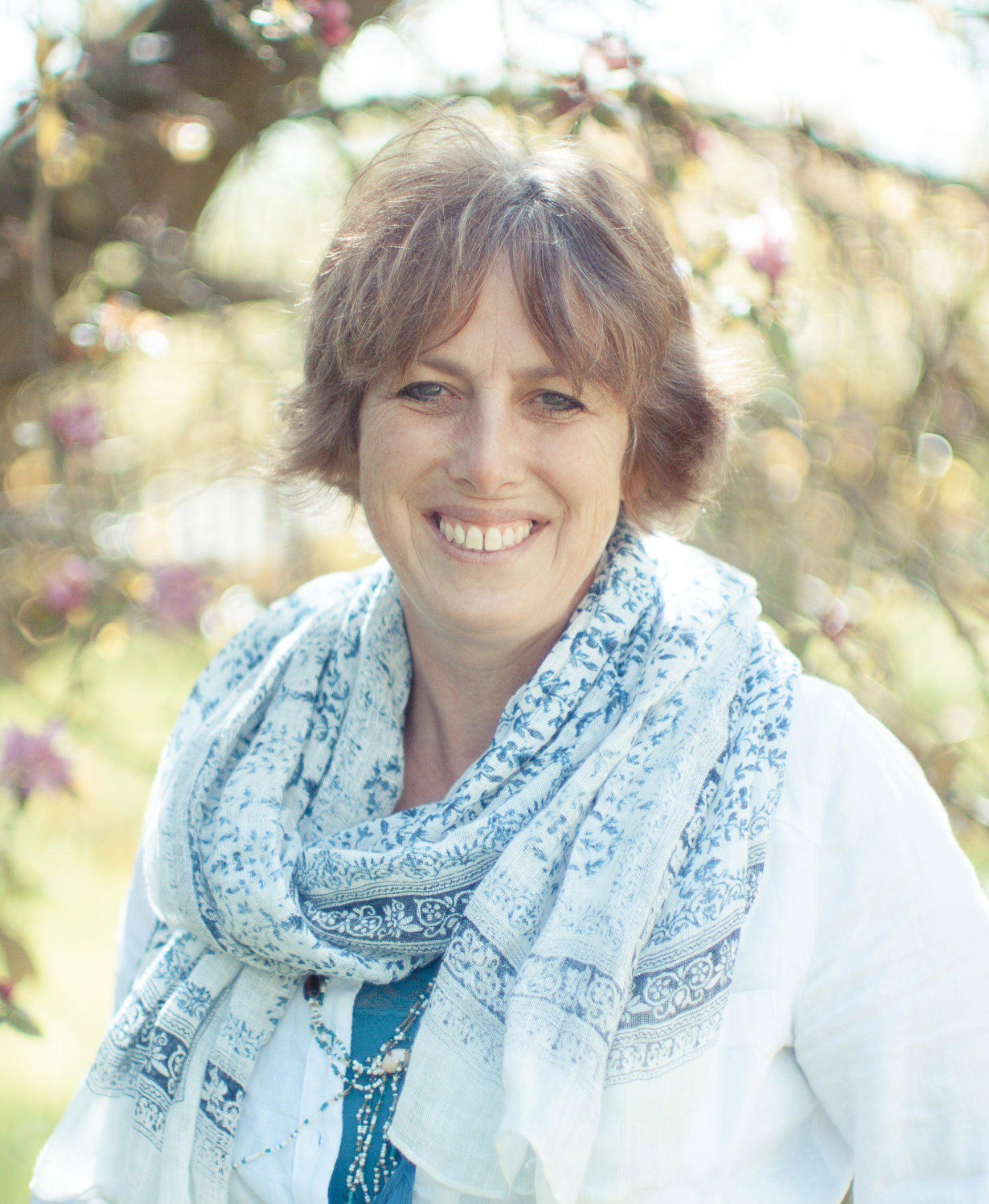
Empathy is an important skill and the basis of understanding the motives of others. You don’t have to agree with someone or tolerate their views but you can attempt to understand why they have those views.
Making the first step towards understanding does not mean you compromise your own beliefs, but that you are willing to listen.
A writer uses empathy all the time to understand each character’s viewpoint. A writer has to know, for example, why one character might hold racist beliefs. Most prejudice is born from fear; fear of losing power or control. It’s a survival mechanism to protect one’s own interests.
Dialogue and understanding can reduce the fear and in doing so be pivotal in changing bigoted attitudes.
Gill Lewis, author 'Sky Dancer'
Read the full blog here.

'To understand that we are all the same, we need empathy. To think about whether we do treat everyone the same, we need empathy. To act in a way that helps and never harms another living being – human or animal or this planet, we need empathy.
And how do we practice and teach empathy to our children when our lives are full of timetables, missed dentist appointments and traffic jams?
We all have access to the best resource that was ever invented – stories. The characters in these stories suffer calamity, celebrate birthdays, miss their grandparents, fear thunderstorms and triumph over adversity.
By joining wonderful characters on their journeys, children put themselves in someone else’s shoes'.
Chitra Soundar, author, 'You're Safe with Me'
Read the full blog here.
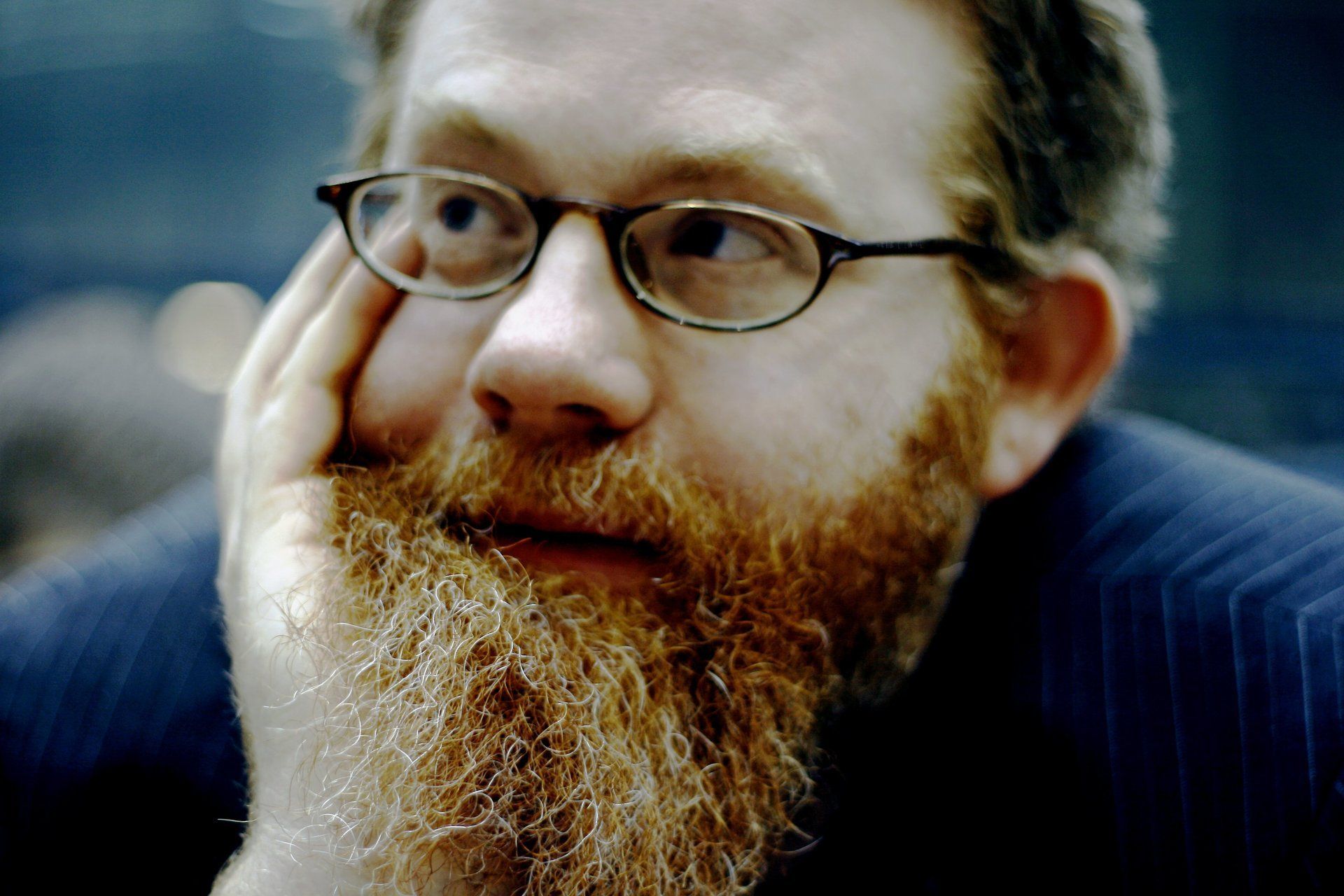
'You can never know what is happening inside another person’s head, or heart.
But the characters in books, in your favourite books – they open up and share themselves with you. You can hear their thoughts and know them, a little.
And perhaps, by knowing them, a little window will be opened into the lives of your friends and family, into the strangers and people you see in the news.
Just knowing that window exists is one beginning of empathy'.
A.F. Harrold, author, 'The Song from Somewhere Else'
Read the full blog here.
